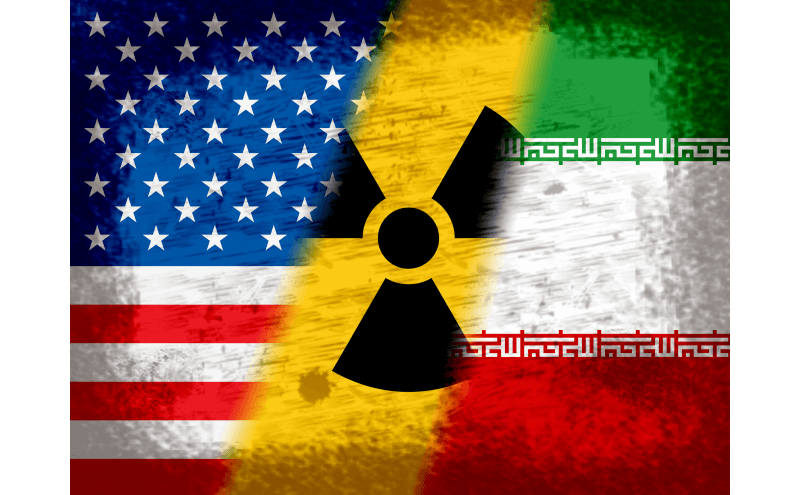Although the Biden administration committed to re-entering a nuclear deal that would be longer and stronger than the original Joint Comprehensive Plan of Action (JCPOA) put into place in 2015, senior advisor at the Foundation for Defense of Democracies (FDD) Richard Goldberg said “the deal under consideration is shorter and weaker.”
After months of indirect negotiations between American, European and Iranian diplomats, the proposed framework differs from that of the JCPOA on four key principles: breakout time, nuclear restrictions, a cap on uranium enrichment capabilities and international sanctions.
The 2015 JCPOA claimed to put Tehran’s breakout time—the time required to enrich fissile material to the level required to construct a bomb—a year away for at least a decade. In championing the benefits of the JCPOA, then-President Barack Obama claimed that a key gain was “13,14,15 years assurances that the breakout is at least a year.”
Under the new deal, however, the JCPOA’s terms permitting Iran to retain its advanced centrifuges would carry over, meaning that Tehran’s breakout time would be significantly reduced because the sunset clauses have not changed since the 2015 deal.









